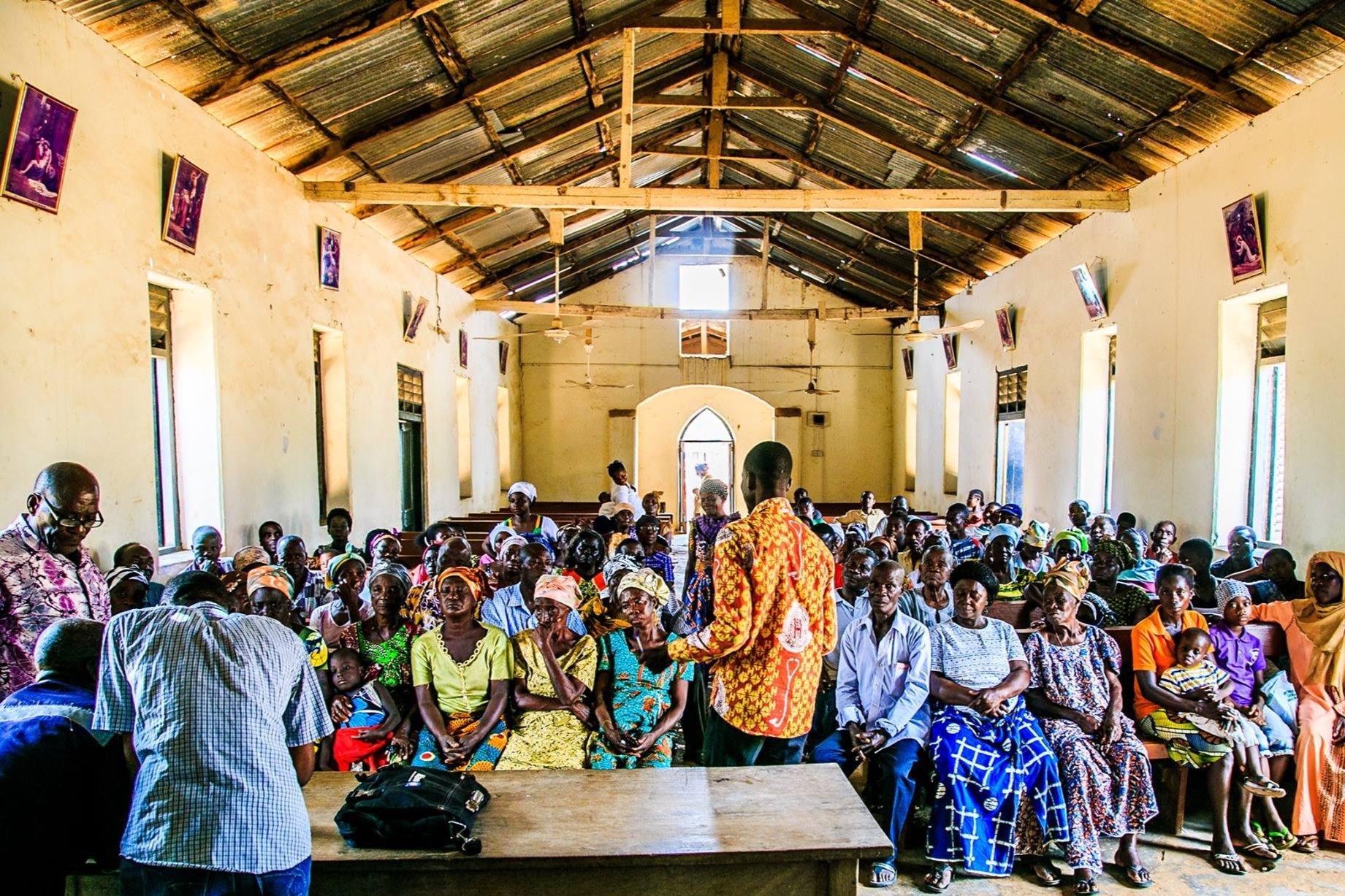
CERTIFICATE IN CULTURAL COMPETENCY
Module 10: Trust and Cultural Humility
When you first arrive at your worksite abroad, you will be a stranger to the local staff and the community at large. As a visitor, you will need to work to earn the trust and confidence of those around you. To prove your competence and trustworthiness, you must demonstrate dedication and commitment to hard work and empathy towards community members.
“Slowly, through ceaseless struggle and effort, I learned to overcome the day-to-day barriers that had previously seemed like indomitable walls. I became an accepted part of my rural community and mastered Spanish. I learned the simple truism that trust must precede change, and focused on making friends with the hill farmers rather than on counting the number of trees that got planted. And, sure enough, the less I focused on the work, the more work seemed to get done.”(1) – Peace Corps Volunteers, Guatemala
We are all shaped by the cultures in which we were raised. However, it is very important that researchers and care providers do their best to step outside of the cultural framework they are used to for the sake of those they serve.
What is cultural humility?
Humility has traditionally been connoted as a kind of meekness or humbleness, but it can also “denote a willingness to accurately assess oneself and one’s limitations, the ability to acknowledge gaps in one’s knowledge, and an openness to new ideas, contradictory information, and advice”.(2)(3) In the case of healthcare providers, humility takes on this second definition: rather than being very humble, meek, and self-effacing, these professionals must acknowledge the limitations of their cultural perspective and work toward overcoming this perspective in order to provide better care for those they serve. As Levi emphasizes in “The Ethics of Nursing Student International Clinical Experiences," cultural humility is an acknowledgement of one’s own barriers to true intercultural understanding.(4) It is the difference between intellectually knowing another culture and being able to truly relate to it. Knowing that one’s own perspective is necessarily limited makes it much easier to be reflective and proactive in relation to one’s prejudices and assumptions that may otherwise affect interactions with members of a different culture.
Why is cultural humility important?
"Humility involves one's general attitude to one's place in the world and whether one feels subject to the same moral constraints as others. Unfortunately, the world is characterized by actions that reflect a value system where some lives are considered infinitely more valuable than others. In global health settings, humility is crucial and helps undermine neo-colonial trends that often permeate relationships between the North and South."(5)
First and foremost, cultural humility means not pigeon-holing people.(6) Knowledge of different cultures and their assumptions and practices is indeed important, but it can only go so far. Rather than assuming that all members of a culture conform to a certain stereotype, a good care provider will understand that while cultural differences will affect their interaction with individuals, each person remains an individual and should be treated as such.(7) Cultural humility is also an important step in helping to “redress the imbalance of power inherent in physician-patient relationships” or other relationships between care providers/researchers and those they serve.(8) Approaching each encounter with the knowledge that one’s own perspective is full of assumptions and prejudices can help one to keep an open mind and remain respectful of the person seeking care.
Acknowledging the differences between cultures is in itself an important first step toward cultural humility, but it is certainly not sufficient. It is possible to know everything that one could possibly know about a culture without demonstrating true cultural humility. As the California Health Advocates aptly point out in a recently published article on cultural humility, it is a kind of “reflexive attentiveness” that requires a great deal of “self-awareness” and goes far beyond “knowledge of the details of any given cultural orientation.”(9) Care providers must always be aware of the fact that even extensive knowledge about a given culture is not the same as having assimilated oneself into that culture, and therefore one must be aware of the differences that will still exist between their own perspective and the perspective of the members of that culture.
Footnotes
(1) “Culture Matters: The Peace Corps Cross-Cultural Workbook,” p. 114. Peace Corps Information and Collection Exchange. www.peacecorps.gov.
(2) Tangney J.P. “Humility: Theoretical perspectives, empirical findings and directions for future research” Journal of Social and Clinical Psychology. Vol 19, pp.70-82, 2000.
(3) Pinto, A.D., Upshur, R.E.G. "Global Health Ethics For Students." Developing World Bioethics. (Blackwell Publishing Ltd., 2007): 8.
(4) Wear, Delese. “On Outcomes and Humility” Academic Medicine, vol. 83, no. 7, pp. 625-626 (2008).
(5) Levi, Amy. “The Ethics of Nursing Student International Clinical Experiences” Journal of Obstetric, Gynecologic, and Neonatal Nursing. Vol. 38, No. 1, pp. 94-99 (2009).
(6) “UCSF Reinvents Medical Education” UCSF Today (November 13, 2001). Accessed 3/24/09.
(7) Miller, Suellen. “Cultural Humility is the First Step to Becoming Global Care Providers” Journal of Obstetric, Gynecologic, and Neonatal Nursing. Vol. 38, No. 1, pp 92-93 (2009).
(8) Borkan, J.M. et. al. “Towards Cultural Humility in Healthcare for Culturally Diverse Rhode Island” Medicine and Health: Rhode Island. Vol. 91, No. 12 (2008).
(9) California Health Advocates. “Are You Practicing Cultural Humility? – The Key to Success in Cultural Competence” (April 2007).
